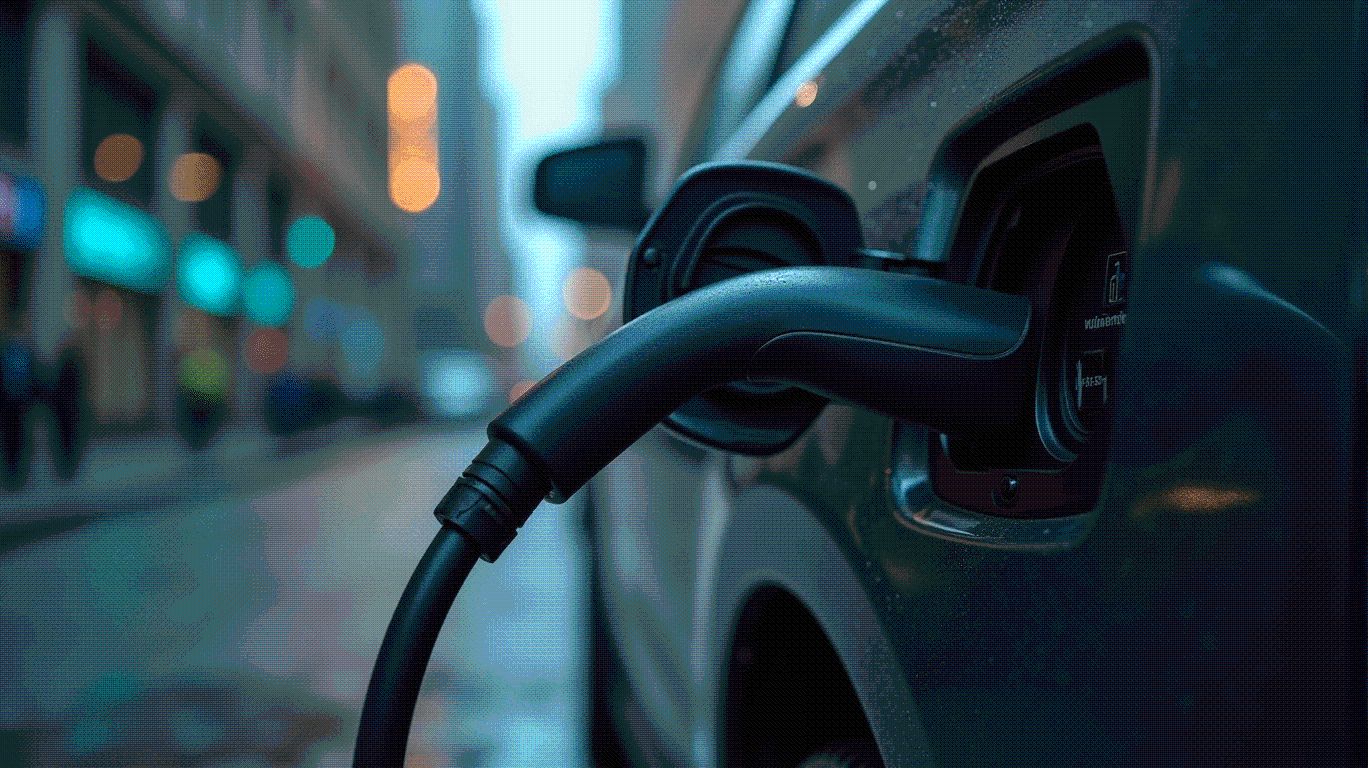Nigeria's Passport Price Hike Sparks Outrage Over Cost-of-Living Struggles
- Nigeria's Immigration Service raised passport fees to ₦100,000 (5-year) and ₦200,000 (10-year) from September 1, 2025, citing quality maintenance as justification. - Opposition leader Peter Obi condemned the hike, noting fees now exceed the ₦70,000 monthly minimum wage, calling it an "added burden" on citizens. - The third fee increase in two years triples 5-year passport costs and doubles 10-year fees domestically, while overseas rates remain unchanged at $150-$230. - Critics argue the disparity disprop
Nigeria's recent decision to raise passport fees has sparked public outcry, with critics arguing that the move exacerbates financial pressures on citizens amid a cost-of-living crisis. Effective September 1, 2025, the Nigeria Immigration Service announced that the price of a 32-page, five-year passport has increased to ₦100,000, while a 64-page, 10-year passport now costs ₦200,000 for applications submitted within the country [1]. The hike marks the third increase in just two years, following previous adjustments on September 1, 2024 [2].
The government cited the need to maintain the quality and integrity of the passport as the rationale for the increase [2]. According to a statement from the Service's Public Relations Officer, ACI AS Akinlabi, the revision aims to ensure continued service delivery while balancing accessibility [2]. However, the move has been met with sharp criticism, particularly from high-profile figures who argue that the fees are no longer feasible for the average citizen.
ial candidate Peter Obi condemned the hike, calling it an added burden on an already strained populace. He highlighted the disparity between the new fees and the national minimum wage, which stands at ₦70,000 per month [1]. Obi noted that the cost of a passport now exceeds what many Nigerians earn in a single month, a situation he described as “the only country in the world to achieve this feat” [1]. He also emphasized the government’s perceived insensitivity to public suffering and urged for a reconsideration of the policy [1].
The impact of the fee increase is particularly acute for those with limited financial resources, as passport acquisition is often necessary for travel, education, and employment opportunities. The previous increase in 2024 raised fees from ₦35,000 for the 32-page version and ₦70,000 for the 64-page variant [2]. The latest revision has nearly tripled the cost of the 32-page passport and doubled that of the 10-year option [2]. For many, these hikes represent a growing barrier to international mobility and access to essential services.
Notably, the fee increase applies only to applications made within Nigeria, with costs for applicants abroad remaining unchanged at $150 and $230, respectively [1]. This discrepancy has drawn further criticism, with some arguing that it disproportionately affects those without access to international financial systems or expatriate earnings.
The public reaction to the hike underscores a broader trend of dissatisfaction with government policies perceived as increasing financial burdens on citizens. As the debate continues, it remains to be seen whether officials will respond to calls for reassessment or maintain the current trajectory of price adjustments.
Source:
Disclaimer: The content of this article solely reflects the author's opinion and does not represent the platform in any capacity. This article is not intended to serve as a reference for making investment decisions.
You may also like
Young Koreans Drive $12B Crypto Surge as South Korea Embraces Digital Future
- South Korean retail investors spent $12B on US crypto stocks in 2025, led by young investors prioritizing long-term digital asset growth. - Government reforms classify crypto firms as "venture companies," enabling tax incentives and preparing for spot crypto ETF approvals. - Over 10,000 high-net-worth Koreans hold $750K+ in crypto, with 20-somethings averaging $2.69B in digital assets on Upbit. - Regulatory focus shifts to stablecoin frameworks for cross-border payments, mirroring US Genius Act precedent

Bitcoin News Today: "Gamified Mining Meets Deflation: How PEPENODE Could 100x in 2025"
- PEPENODE, a gamified meme coin with a "mine-to-earn" model, raised $500K in presale by offering virtual mining nodes and deflationary token burns. - Its interactive gameplay, 2% referral system, and 70% burn rate on upgrades differentiate it from speculative meme coins, attracting retail and institutional investors. - Built on Ethereum with Coinsult-verified smart contracts, PEPENODE plans on-chain mining, NFT upgrades, and cross-token rewards by 2025. - Analysts link its growth potential to a possible a

XRP's Long-Term Value Proposition in a Post-Regulatory Landscape
- SEC's 2025 ruling reclassified XRP as a commodity, enabling U.S. exchanges to relist it and unlocking institutional capital. - XRP-based ETF applications and EU's MiCA framework are driving global adoption and regulatory alignment. - Ripple's escrow strategy stabilizes supply but faces scrutiny over transparency and market concentration risks. - XRP's cross-border payment utility, via ODL and RLUSD, is expanding institutional adoption and cost savings. - Analysts project XRP to reach $3.65–$9.63 by year-

Japan's 2026 Crypto Reforms: A Strategic On-Ramp for Global Institutional Capital
- Japan’s 2026 crypto reforms align tax policies, regulatory frameworks, and infrastructure with traditional finance to attract institutional capital and bridge global digital finance gaps. - A flat 20% capital gains tax on crypto (matching stocks) and three-year loss carry-forwards reduce barriers for institutional investors, aligning with global standards. - Reclassifying crypto as financial products under the FIEA introduces investor protections and paves the way for regulated Bitcoin ETFs in Japan. - T
